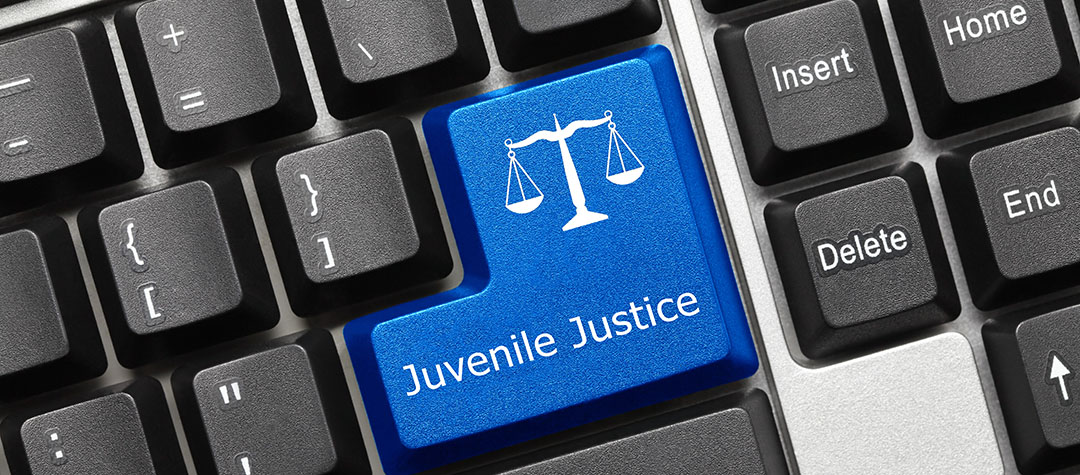Protecting our community for 175 Years
Specialized Prosecution Division
The District Attorney’s Office Specialized Prosecution Division oversees the crimes related to vulnerable communities such as victimized and/or abducted children, sexual assault survivors, domestic violence, victims of teen dating violence, elder and dependent abuse victims, and victims of human trafficking, and stalking. The prosecutors in this unit also handle cases involving gang violence and youth offenders in the Juvenile Justice System.
Another role of the Specialized Prosecution Division is to work closely with other organizations, such as shelters for victims of domestic violence, child advocacy centers, and victim advocacy groups, to ensure that victims receive the services and support they need. Additionally, they collaborate with other parts of the justice system, such as the court system, probation and parole departments, and law enforcement agencies, to help ensure that offenders are held accountable for their crimes and that public safety is maintained.
Case Information
For case information call
(209) 468-2400
- Child Abuse, Sexual Assault Unit (C.A.S.A.)
- Child Abduction Team
- Dating Violence Prevention Program
- Domestic Violence Unit
- Elder and Dependent Adult Abuse Unit
- Gang Violence Suppression Unit
- Human Trafficking Unit
- Stalking Unit
- Juvenile Justice Unit
Child Abuse, Sexual Assault Unit (C.A.S.A.)
The District Attorney Child Abuse and Sexual Assault (C.A.S.A.) unit is a specialized team of professionals who work to support children and adults in the court system who have been abused, neglected, or abandoned, and victims of sexual assault.
The primary role of the C.A.S.A. unit is to work with law enforcement agencies to investigate allegations of child abuse and sexual assault and to prosecute those responsible for these crimes. This involves conducting interviews with victims and witnesses, collecting evidence, and providing recommendations to the court in the prosecution of the perpetrators.
In addition to advocacy, the C.A.S.A. unit provides a range of support services to child or adult victims and their families, such as counseling, education, and access to community resources. The goal is to help ensure that the victim receives the care and support they need to thrive, both during and after their time in the court system.
The C.A.S.A. unit plays a critical role in protecting the most vulnerable members of our society from harm, and in holding those who commit these heinous crimes accountable for their actions.
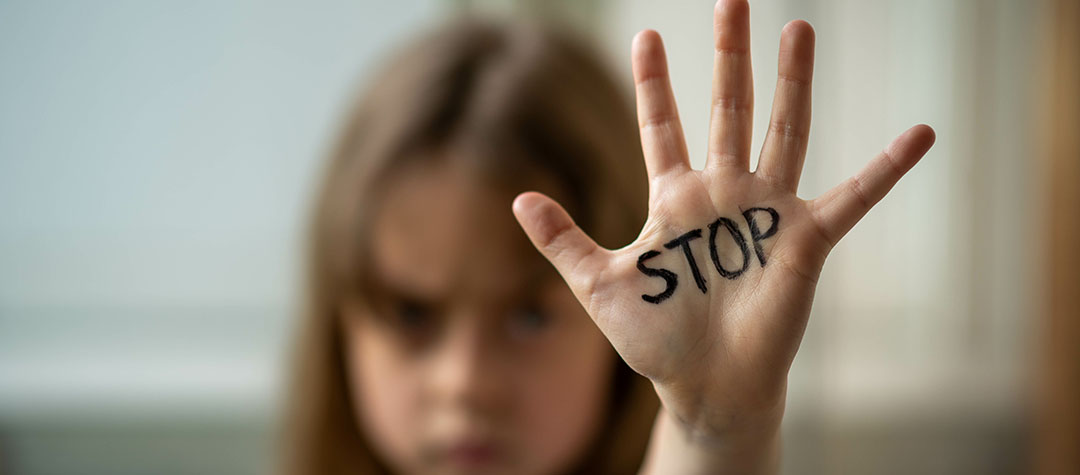
Child Abduction Team
Child abduction is a parent's worst nightmare. Abductors are not always strangers, the abductor can also be a parent or family member.
The District Attorney's Office Child Abduction Team is only involved when a parent or other family member abducts a child. Not only does child abduction involve violation of Family Court, Juvenile Court and/or Probate Court orders, but it also involves a felony violation of the law. The punishment for committing such a crime can be up to four years in prison and a $10,000 fine. If you are the parent or guardian of a missing child, the most important thing to remember is that you are not alone.
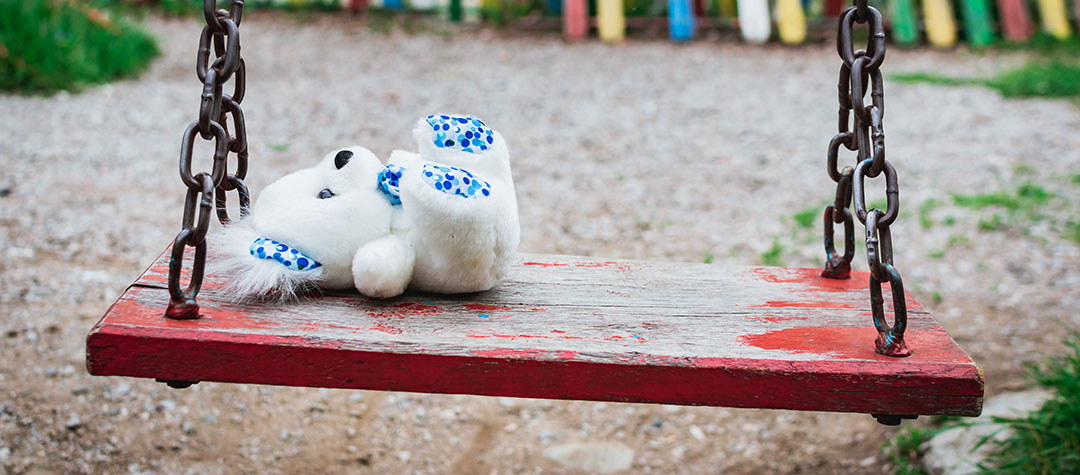
Dating Violence Prevention Program
To raise awareness and educate students, teachers, counselors, and our community, and to help prevent dating violence, the San Joaquin County District Attorney’s Office offers two prevention programs, entitled The Choice Is Yours and Love You To Death. These programs are presented free of charge to the community of San Joaquin County. For more information, please contact Family Justice Center Program Manager, Alexis Wilbur, at 209-468-2437.
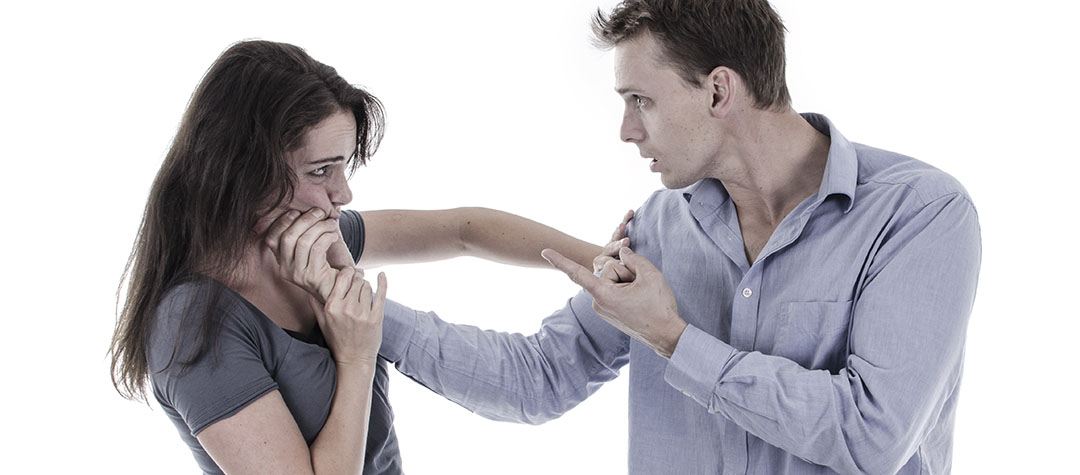
Domestic Violence Unit
Domestic violence is a serious and widespread problem that affects individuals, families, and communities. It is characterized by a pattern of abusive behavior used to gain power and control over another person, often in the context of an intimate or family relationship. Domestic violence can take many forms, including physical, sexual, emotional, and financial abuse.
Victims of domestic violence can be of any age, gender, race, or socio-economic background. Domestic violence can occur in any type of relationship, including marriage, dating, and same-sex relationships.
Domestic violence can have serious and long-lasting effects on the physical, emotional, and psychological well-being of victims. It can also have a ripple effect on the larger community, as it often involves children who witness the abuse and may be affected by it.
There are many resources available for individuals who are experiencing domestic violence, including hotlines, shelters, and support groups. Victims need to seek help and create a safety plan to protect themselves and their loved ones. It is also important for society as a whole to work to prevent domestic violence and support victims and survivors.
According to the National Coalition Against Domestic Violence, on average, 24 people per minute are victims of rape, physical violence, or stalking by an intimate partner in the United States. This equates to more than 12 million women and men who experience domestic violence every year.
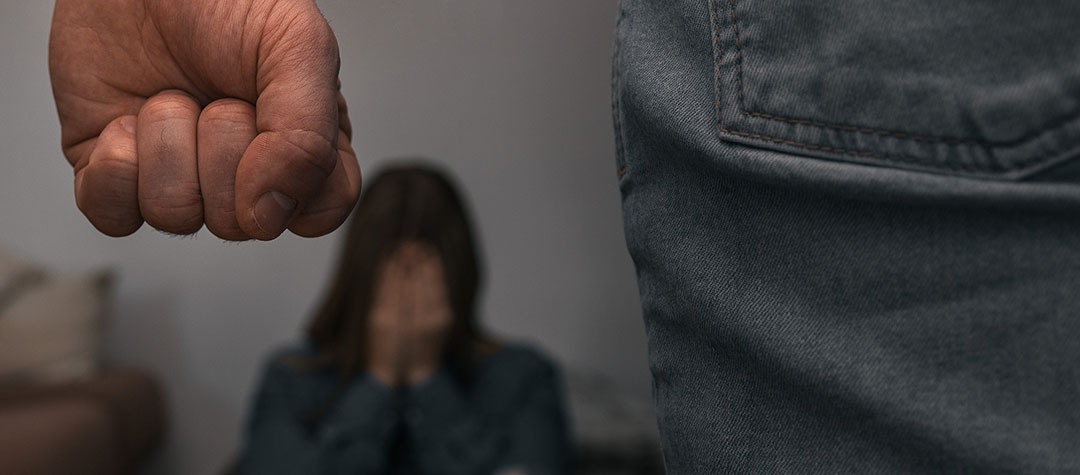
Elder and Dependent Adult Abuse Unit
Elder and dependent adult abuse refers to intentional actions that cause harm or create a serious risk of harm (whether or not harm is intended) to a vulnerable person by a caregiver or other person who stands in a trust relationship with the elder. It also includes failure by a caregiver to satisfy the person's basic needs or to protect them from harm.
Elder and dependent adult abuse is a serious and widespread problem that affects millions of older and dependent adults around the world. It is often underreported due to the vulnerability of older and dependent adults and the power dynamics that may exist in relationships with perpetrators. Elder and dependent adult abuse can have serious physical and emotional consequences for victims, including physical injuries, psychological trauma, and social isolation.
Preventing elder or dependent adult abuse involves promoting the well-being and rights of older and dependent adults and supporting them to live with dignity and respect. This can be achieved through education, advocacy, and supporting victims and survivors. It is also important for individuals, families, and communities to recognize the signs of elder and dependent adult abuse and to report it to the authorities or to a trusted organization that can provide help and support.
If you suspect that someone you know may be a victim of elder or dependent adult abuse, it is important to report it to the authorities or to a trusted organization that can provide help and support.
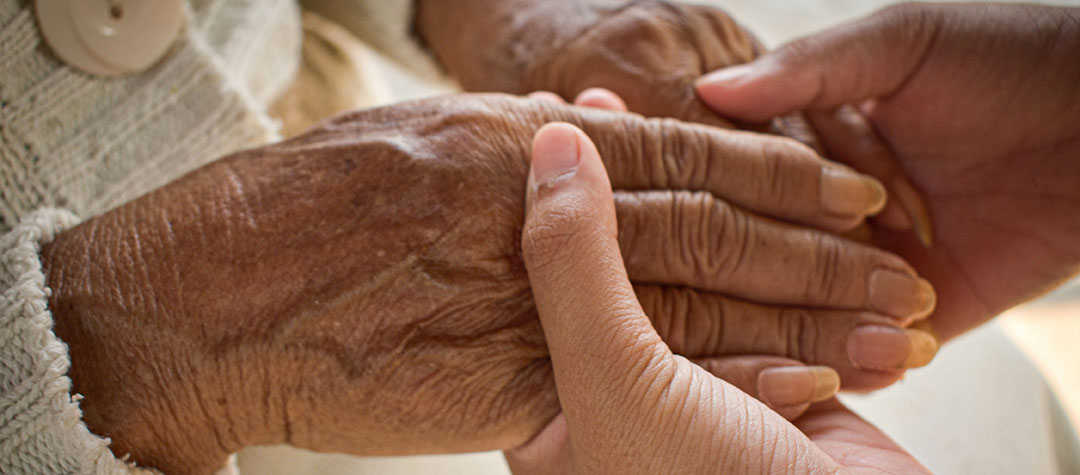
Gang Violence Suppression Unit
The District Attorney's Gang Violence Suppression Unit is a specialized unit in the Specialized Prosecution Division that is responsible for prosecuting cases involving gang-related crimes. This unit is made up of experienced prosecutors who have specialized knowledge and training in the investigation and prosecution of gang and firearms violence.
One of the primary functions of the Gang Violence Suppression Unit is to work closely with law enforcement agencies to identify and investigate gang-related crimes. This includes crimes such as drug trafficking, weapons offenses, and violent crimes committed by members of street gangs, prison gangs, or other criminal organizations. Gang Violence Suppression Unit prosecutors may work with detectives, task forces, and other law enforcement personnel to gather evidence and build cases against groups that target our communities.
Another important function of the Gang Violence Suppression Unit is to work closely with communities that are affected by gang and firearms violence. This often involves providing support and assistance to victims and their families, as well as working with community organizations to address the root causes of gang violence. Gang Violence Suppression prosecutors also work with schools and youth organizations to educate young people about the dangers of gang involvement and provide resources for at-risk youth. This includes raising awareness about the consequences of gang involvement and the importance of reporting gang-related crimes to law enforcement. The Gang Violence Suppression Unit may also provide training and support to law enforcement agencies to help them improve their investigations and prosecutions of gang-related offenses.
Through their critical work, Gang Violence Suppression Unit prosecutors help to ensure that justice is served for victims and their families, while also working to prevent future crimes from occurring. By partnering with law enforcement agencies, community organizations, and other stakeholders, the Gang Violence Suppression Unit works to address the complex issues that contribute to gang and firearms violence and create safer communities for all.
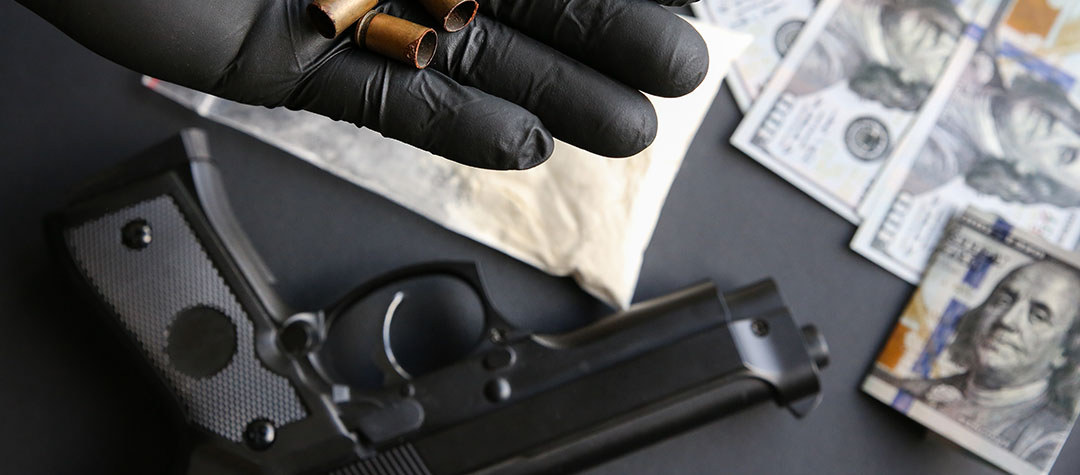
Human Trafficking Unit
Human trafficking is a global problem that affects people of all ages, genders, and nationalities. It can occur in any country and can involve both domestic and international trafficking. Victims of human trafficking can be men, women, or children, and they may come from any country or socio-economic background. However, traffickers often target vulnerable populations, such as refugees, undocumented immigrants, and people living in poverty.
Human trafficking is a serious crime and a violation of human rights. It is estimated that millions of people around the world are victims of human trafficking. It is a complex issue that requires a multi-faceted approach to prevention, protection, and prosecution.
In the United States, the National Human Trafficking Hotline receives reports of thousands of cases of human trafficking each year. In 2020, the hotline received 24,737 reports of human trafficking, with the majority of cases involving sex trafficking (83%) and labor trafficking (16%). The hotline also reported that the most common industries involved in human trafficking cases in the U.S. include hospitality, agriculture, and manufacturing. It is important to note that these statistics likely underrepresent the true scale of the problem, as human trafficking is often hidden and victims may be afraid to come forward or may not know how to get help. If you suspect that someone you know may be a victim of human trafficking, it is important to report it to the authorities or to a trusted organization that can provide help and support.
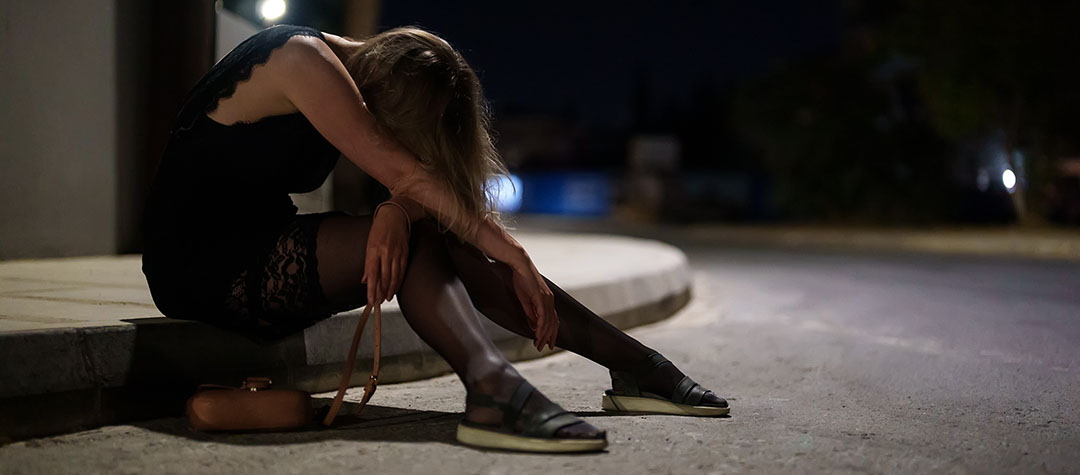
Stalking Unit
Stalking is a pattern of behavior that involves repetitive, unwanted attention, contact, or following of another person. It can take many forms, including physical stalking, cyberstalking, or a combination of both. Stalking can occur in any type of relationship, including between strangers, acquaintances, or intimate partners.
Stalking is a serious crime that can have serious physical and emotional consequences for victims. It can cause fear, anxiety, and stress, and can interfere with a person's daily life. Stalking can also escalate over time and may lead to physical violence or even homicide.
According to the National Center for Victims of Crime, approximately 7.5 million people in the United States are stalked each year. Stalking is more common among women, with approximately 1 in 6 women and 1 in 19 men experiencing stalking in their lifetime.
In the United States, stalking is a crime in all 50 states, the District of Columbia, and on federal land. Stalking can be prosecuted under various state and federal laws, depending on the specific circumstances of the case. It is important for individuals to be aware of their safety and to seek help if they are being stalked.
If you believe you are in immediate danger, call 9-1-1

Juvenile Justice Unit
The District Attorney Juvenile Justice Division is a specialized division within a prosecutor's office that focuses on addressing juvenile crime and ensuring the welfare of minors involved in the justice system. Because of the unique nature of the Juvenile Justice prosecution process, our office has a separate team dedicated to the prosecution of juvenile offenders in San Joaquin County.
The Juvenile Unit reviews cases involving minors accused of committing crimes. The current approach to juvenile delinquency balances community safety, offender accountability to victims and communities, and competency development in offenders. The Juvenile Unit evaluates the evidence and determines whether to file charges or divert the case to alternative programs.
The DA Juvenile Unit often collaborates with other stakeholders, such as law enforcement agencies, schools, social service agencies, and community organizations, to address the root causes of juvenile delinquency and promote prevention and intervention efforts.
The Juvenile Unit tries to be involved in shaping policies and providing training to law enforcement, schools, and other organizations to ensure the appropriate handling of juvenile cases and promote best practices in dealing with minors. They may engage in public outreach and education efforts to raise awareness about juvenile crime, prevention strategies, and the role of the juvenile justice system in addressing these issues.
The overarching goal of a Juvenile Unit is to balance the interests of public safety, victim rights, and the best interests of the minor while promoting rehabilitation and reducing recidivism among juvenile offenders.
